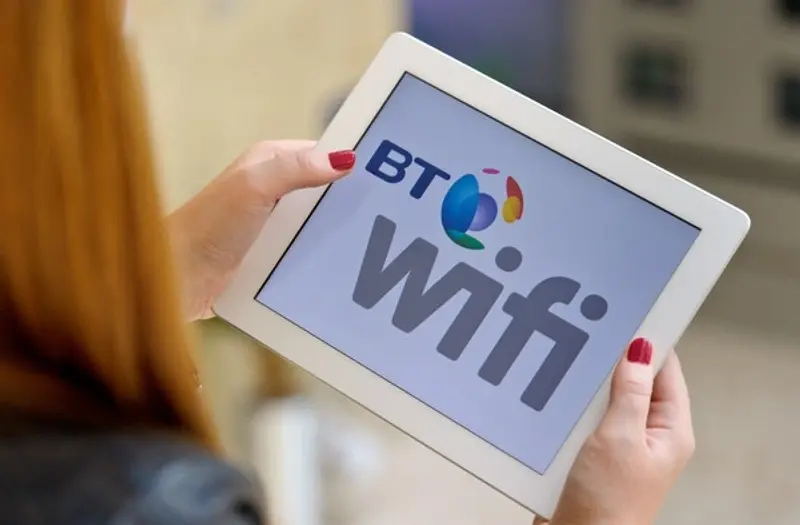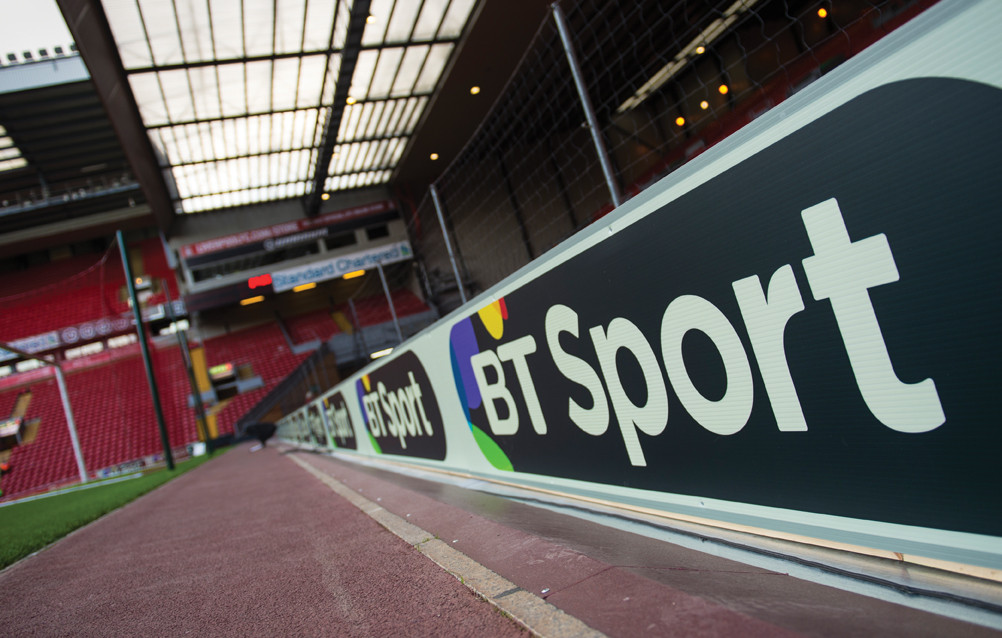
Today's second quarter and half-year figures from telecoms titan BT (BT.A) are very decent, albeit relying on Consumer as the growth engine. Second quarter to end September earnings before interest, tax, depreciation and amortisation (EBITDA) nudged 1% higher to £1.450 billion for a 33% margin despite revenues' continued drag, down 2% to £4.38 billion.
Consumer is where the action is, showing an impressive 7% increase to sales of £1.06 billion, about a quarter of the total, driven by broadband and BT Sport. Encouragingly for the group, about a third of retail broadband customers are now on its superfast fibre-to-the-cabinet (FTTC) Infinity service, no doubt a consequence of high demand for access to some 'live' Premier League football games. BT's Premier League audience count is up 45%.
Broadband net adds in the quarter of 88,000 gives BT a dominant 48% share of the UK market, and while growth has slowed a little on previous quarters, that's largely due to hefty promotion spending by chief rivals British Sky Broadcasting (BSY) (Sky), TalkTalk (TALK) and Virgin Media.
Alas, the struggles go on elsewhere, with revenue and EBITDA declines at Openreach, cable and copper infrastructure business, and in Wholsale, largely due to ongoing regulatory price pressures, local loop unbundling (LLU) and the loss of a contract with the Post Office.
'This was another impressive quarter for BT in comparison with most of its European incumbent peers who continue to suffer from market and regulatory-driven price declines in the mobile market,' says James Crawshaw, analyst at IT and telecoms consultancy, Megabuyte.
Interestingly on that latter point, mobile is one of BT's next growth moves. As Shares reported 15 Aug, the group plans to roll out mobile services to business and consumers via its mobile virtual network operator (MVNO) deal with Everything Everywhere (EE), the UK joint venture between Orange and T-Mobile. Launch is set for March.
But as flagged in Shares 23 Oct, there's little appetite for the stock right now, evidenced in today's 3% share price decline to 364p. Investors know that the next Premier League football 'live' broadcast auction is fast approaching (probably early in 2015) and that couild prove to be expensive if BT wants to grab an even bigger share of the games from 2016. We can only guess at how costly the battle between BT, Sky, and perhaps others, will prove, but until the market knows more, the stock looks destined to drift.






